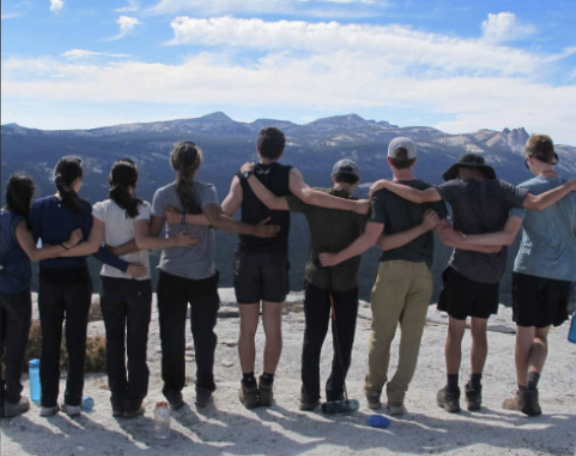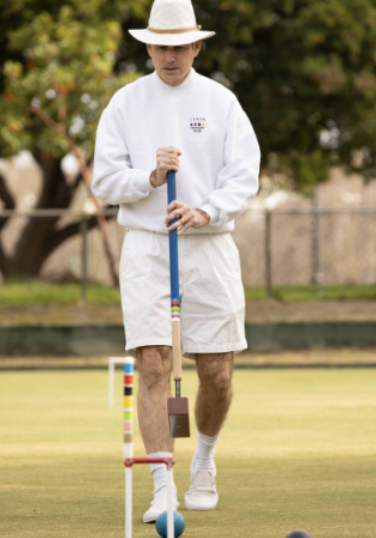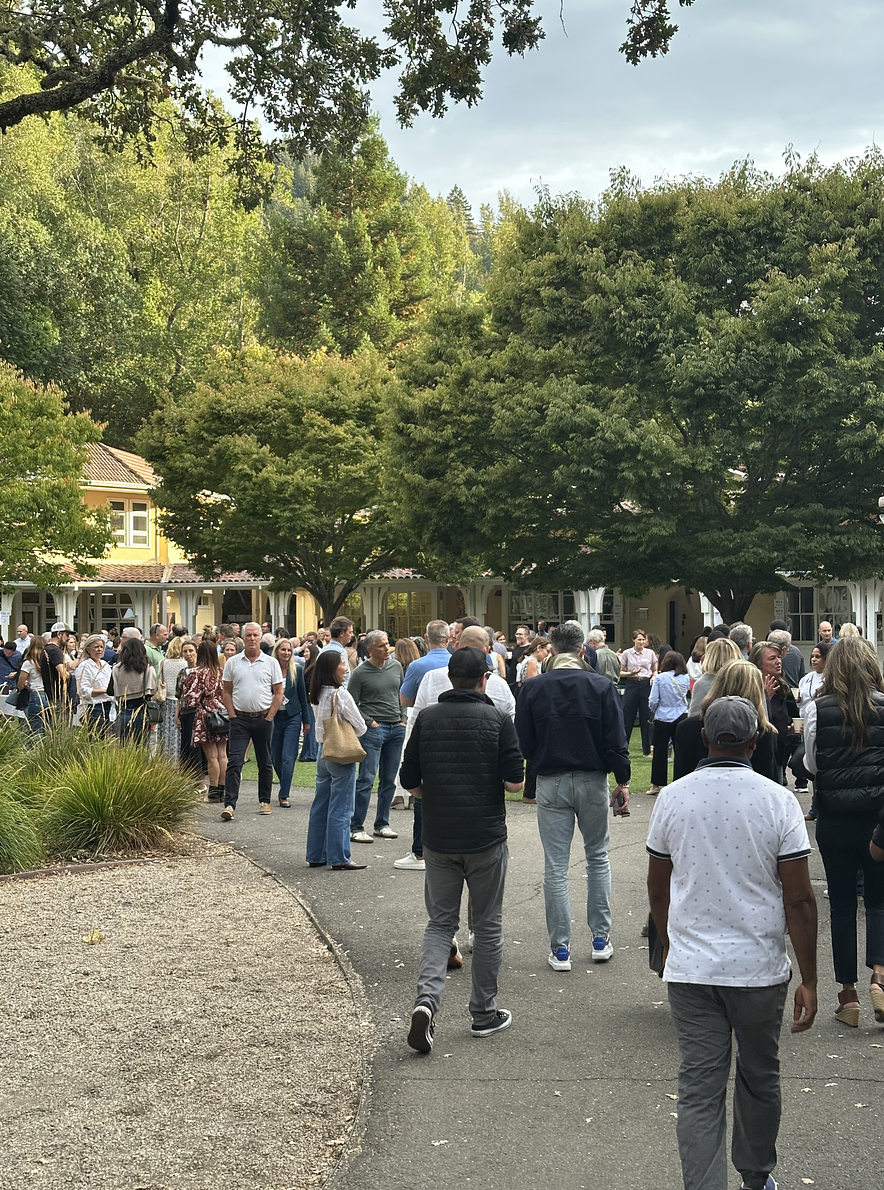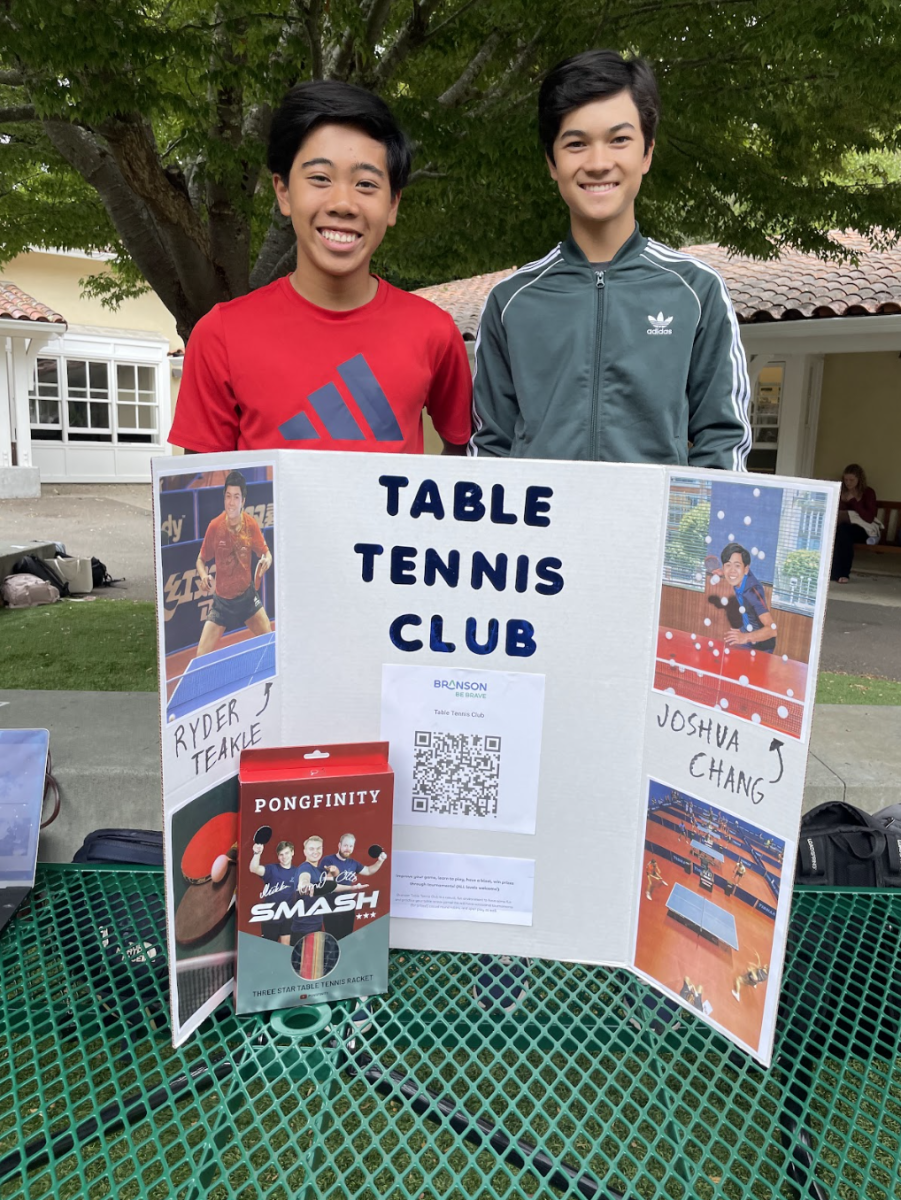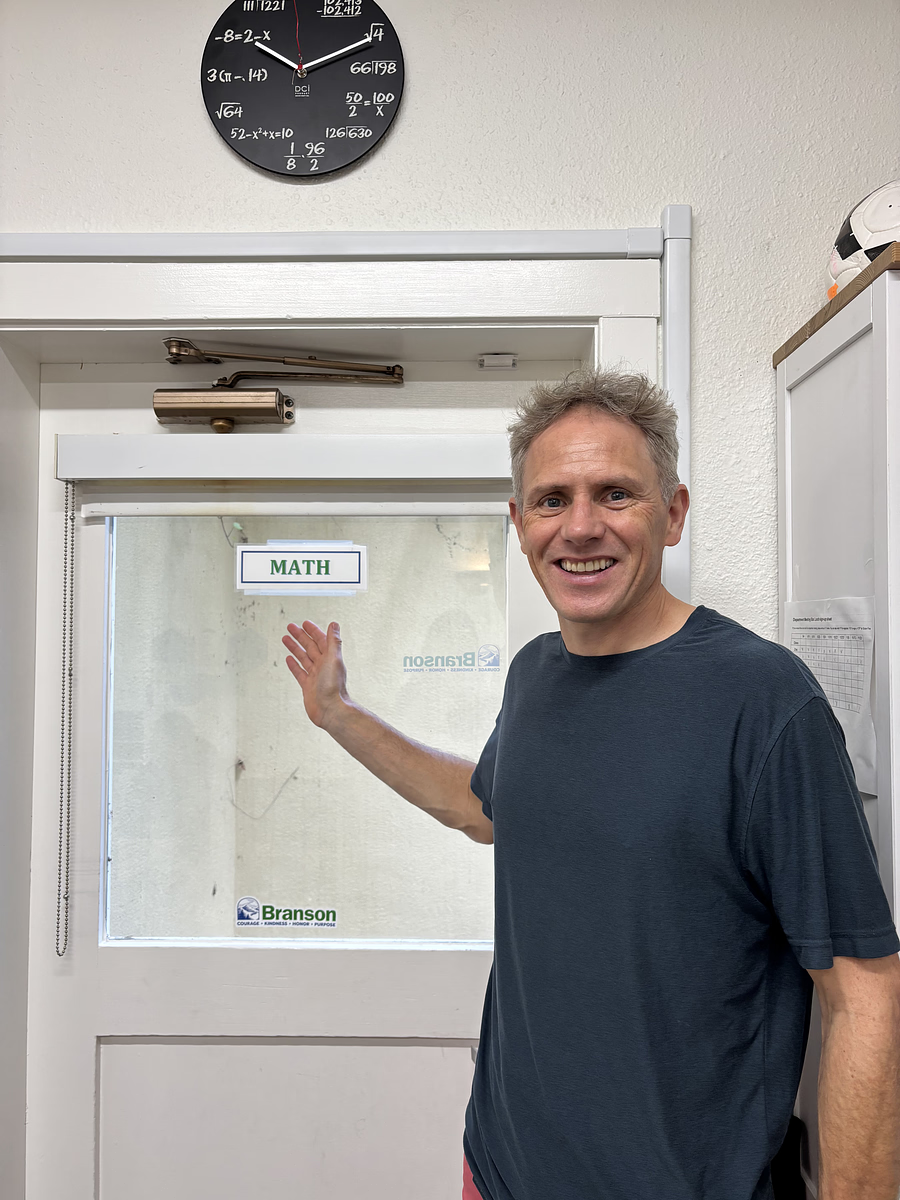Branson students have logged more than 10,000 hours of community service this school year. From tutoring math to coaching rowing and supporting neurodivergent youth through Best Buddies, Branson students are approaching their community service with creativity and purpose.
While the school requires 15 core and 10 support hours for sophomores, juniors and seniors, and 10 core and five support hours for ninth-graders, many students are going beyond the minimum, seeking experiences that are meaningful, self-driven, and lasting.
Harrison Clancy ‘26, one of Branson’s community engagement coordinators, believes the school is turning a corner.
“We’ve established a system where students work with a specific organization rather than bouncing around to random events,” he said. “That way, the service becomes more personal and sustainable.”
Clancy helps lead a team that includes faculty community engagement leader Katie Jan, coordinator Ashley Wang ‘26 and ambassadors Skylar Lariviere ‘26, Brody Buxton ‘25 and Eyla Bauer ‘25. This team recently introduced a new hour tracker and grade-level competition displayed in the Commons, with the winning grade earning donuts in their advisory period.
Branson’s service partnerships are growing with programs like Best Buddies, a weekly lunch and game space connecting Branson students with neurodivergent youth from Oak Hill and the Helix School.
Theo Zak ‘25, who is the vice president of the Branson student-founded nonprofit Prime Math and also designed their website, said he didn’t feel boxed in by the school’s requirements.
“It didn’t really change where I volunteered,” he said. “But I do think there should be more flexibility. Sometimes a project you care about might not exactly fit the ‘core’ definition.”
Zak’s design work intersected with his Branson classes in visual arts and coding, highlighting how service can reinforce learning beyond the classroom.
Dane Pedersen ‘26 found his passion for community service at his rowing boathouse, where he coached youth over the summer.
“I think a really satisfying moment is when something clicks for a kid you’re coaching,” he said. “That’s when you feel like you’re making a difference.”
Pedersen also suggested that Branson could add more long-term, hands-on partnerships. He noted his interest in working with groups like the Innocence Project, a group that has recently spoken at assembly about the work they do through the courts to address the leading causes of wrongful conviction.
Jan and her student team are working to expand mission-driven service opportunities.
“What really matters,” Clancy said, “is creating opportunities where students genuinely want to help their own community, and not just to get their hours done.”
Clancy also acknowledged, though, that fully shifting the culture will take time.
“There’s still that check-the-box mindset for some students,” said Clancy. “But we’re trying to widen the range of opportunities and make service something people want to keep doing after they leave Branson.”

